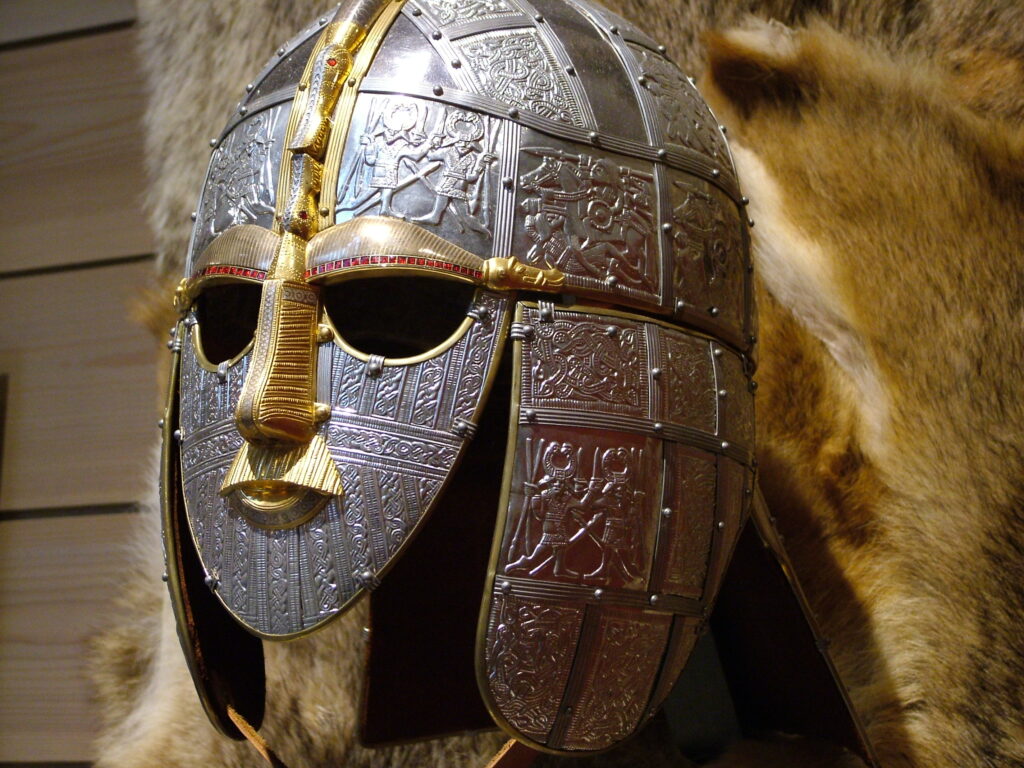King On the Run

The 7th century was an era when the petty kingdoms of the previous two centuries began to be consolidated into larger units. The larger realms swallowed the smaller ones, although which kingdom absorbed which much depended upon the battle nous of particular kings. Northumbria had risen to prominence in the early 7th century by having as its ruler the most fearsome warrior of the time, Æthelfrith. Æthelfrith had begun the consolidation of Northumbria by killing the king of Deira and marrying his widow. The son of the late king, Edwin, fled into exile. As Æthelfrith cut a bloody swathe through the kingdoms of early medieval Britain, he always kept a weather eye on Edwin’s whereabouts. Having an exiled prince (ætheling in Old English, a man throne worthy) was a useful bargaining chip in the lethal game of thrones that united the disparate tribes of the time.
Edwin appears to have made a round of southern kingdoms, going from Mercia, the marcher kingdom in the Midlands, to the Britonnic kingdom of Gwynedd (that an Anglian prince might find refuge among the Britons might seem strange but it held with the oldest piece of realpolitik, that the enemy of my enemy is my friend), before fetching up in East Anglia in the kingdom of King Rædwald (who is likely to have been the man buried in the ship burial at Sutton Hoo).
In East Anglia, Æthelfrith had his quarry cornered and, as the most powerful king in the country, sent messengers to Rædwald requiring him to deliver up Edwin, in pieces or in person. But the obligations of hospitality laid upon the warrior caste were great. Faced with going against these principles, Rædwald chose to fight. Bede records that it was the scornful rejoinder of his wife that decided the vacillating king to chance his arms against Æthelfrith. It may also have been the realisation that giving up Edwin would explicitly announce his status as inferior to that of Æthelfrith and East Anglia was a rich and proud kingdom, relatively safe from Æthelfrith due to its distance from Northumbria.
So Rædwald and his warband, bolstered by Edwin and the men who had accompanied him into exile, decided to chance battle. They caught what seems to have been a relatively unprepared Æthelfrith on the River Idle in Nottinghamshire and there, the most feared king of his time died. It was no easy victory: Rædwald’s own son was among the dead. But in consequence, Rædwald became the most powerful, and richest, king in the land while Edwin took up the rulership of the kingdom of Northumbria.
0 Comments